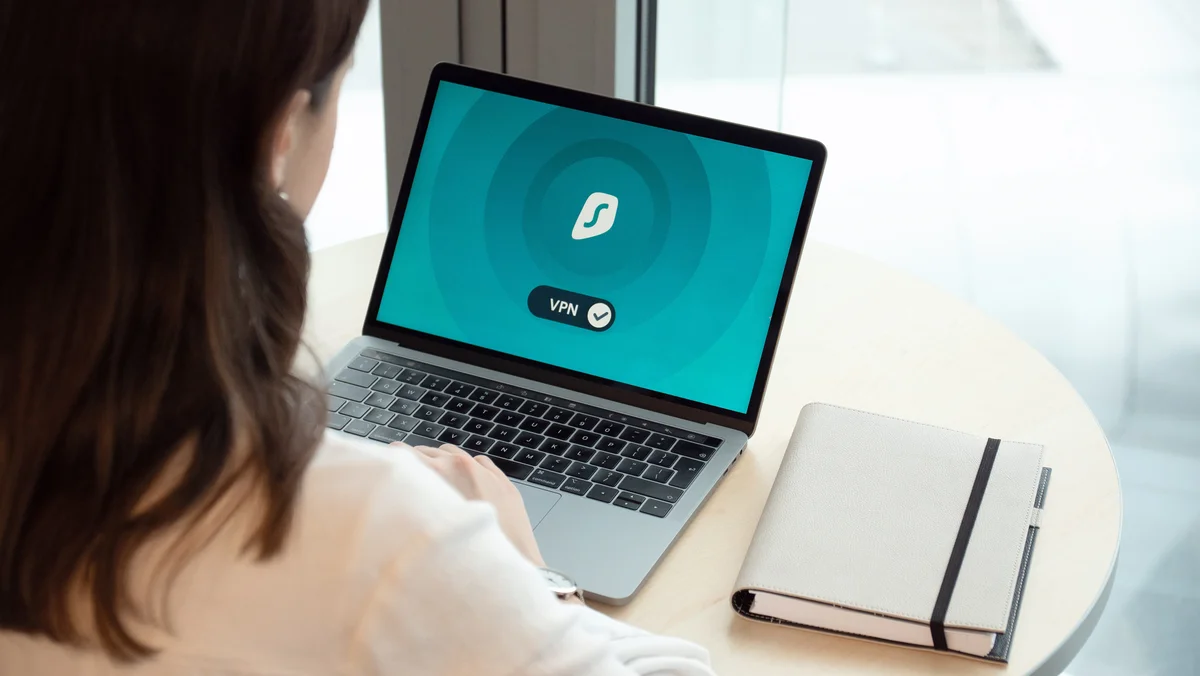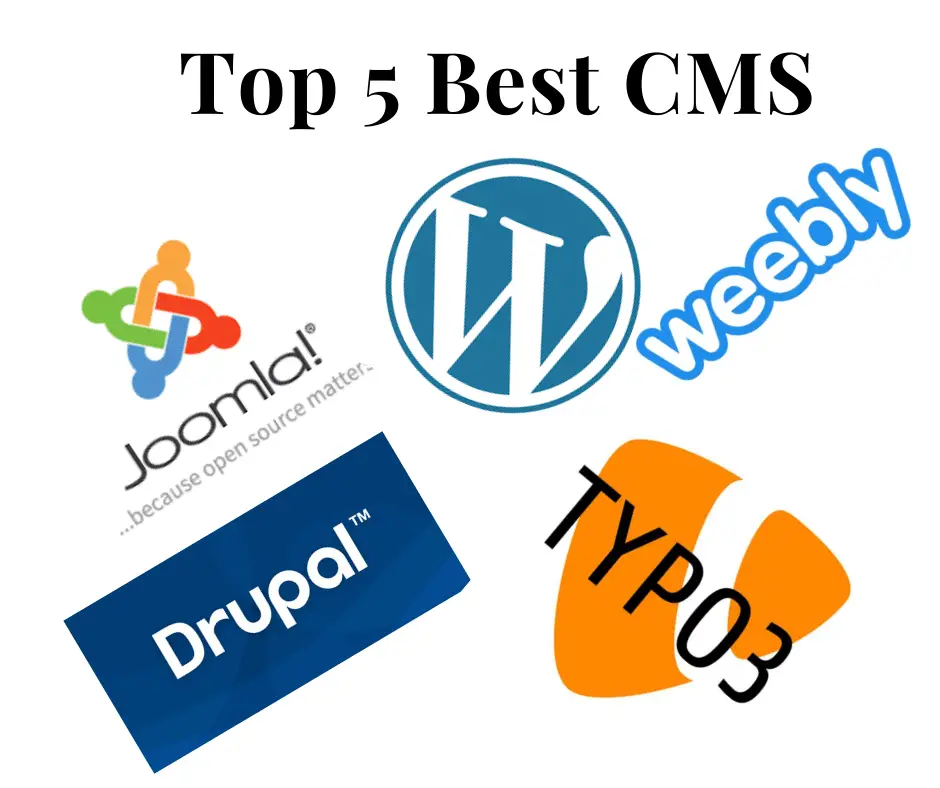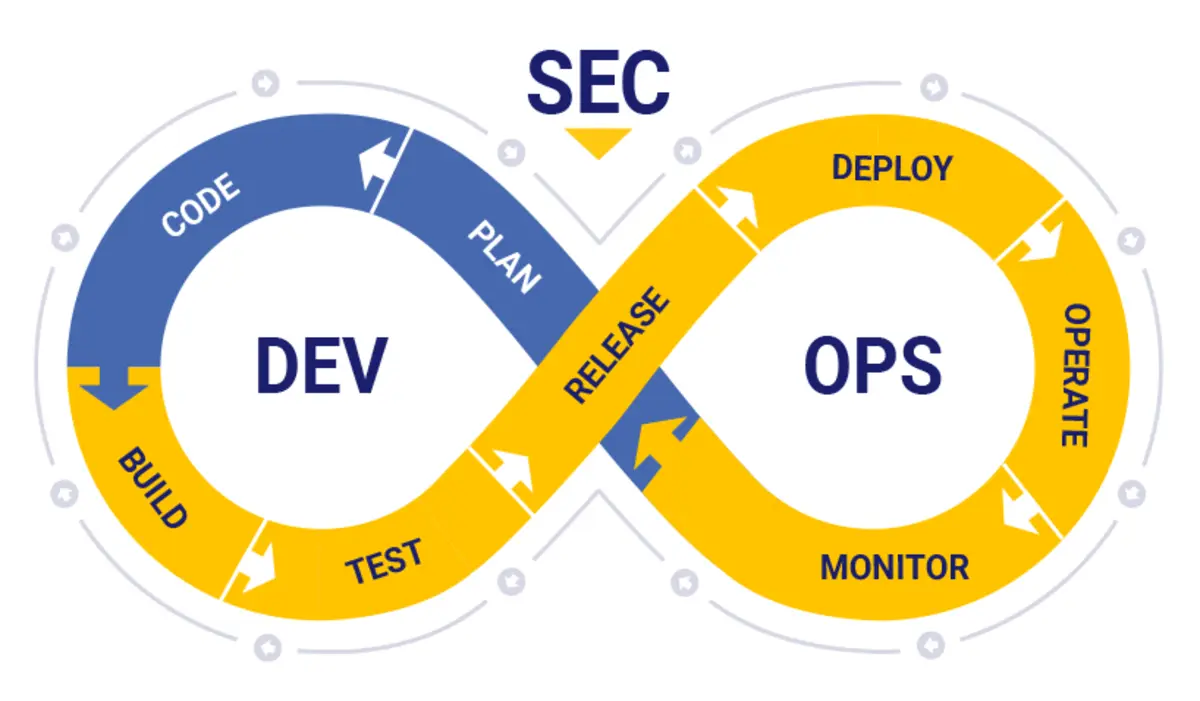How to Keep Your Business Data Safe
With so many businesses moving their everyday operations to the web, data protection continues to be critical for both startups and large enterprises. According to a recent Gartner study, 90% of businesses suffer a major data loss within two years of inception. The study also showed that 80% of businesses lack a practical plan to safeguard their data.
Data concerns can range from distracting to downright catastrophic. All business owners in the private and public sector have an ethical and legal duty to protect customer data from loss. If you let your customers’ data fall into the wrong hands, your professional reputation may be irrevocably damaged, consequently pushing you out of business. You may also experience significant financial or logistical consequences.
As cybercrime cases continue increasing, it’s important to always use sound security measures and practices to keep sensitive information and business data secure from prying eyes. There’s a ton of information out there on how to use the Internet safely even for the least tech-savvy individual. Here are a few straightforward tips and best practices for keeping your business data safe from external threats using current antivirus software.
What Is An Antivirus Software?
Antivirus Software is a data protection service, which keeps your data safe from spyware, viruses, and malware when installed in your devices. It scans your emails, internet searches, programs, and files for common computer Trojans, worms, and viruses that can steal sensitive information, crash, or slow down your system. The antivirus software deletes all malicious threats.
Why Does My Computer Need an Antivirus Software?
Even as some devices come with in-built antivirus protection capabilities, you should also protect your data with a third-party antivirus software. New online threats and malware emerge every day. According to the AV-Test Institute, 350,000 PUA (potentially unwanted applications) and malware are registered daily. Some people argue that you can stay safe from malicious internet threats by simply taking precautions when online.
While there are numerous data protection practices that should be followed by various groups across the board, you also need quality antivirus to be 100% secure. While some people claim that antivirus software is too expensive, it’s definitely a smart investment for serious businesses. You could test the waters by first using a free antivirus. Although a free antivirus software is better than nothing, it may have some limitations. For complete protection of all your devices, you’ll eventually have to invest in a paid subscription.
Can Hackers Penetrate Any Software?
While hacking attacks are a common occurrence, hackers can’t breach your system if you’ve employed sound security measures and practices, to keep sensitive information and business data secure from prying eyes. Typically, computer hackers gain access to a computer or a similar device by taking advantage of a software or configuration defect in the system, using stolen usernames and passwords. Once they have access, hackers can change files and configurations, manipulate other devices linked to the hijacked computer, and pretend to be authorized users to access data. Your business may experience catastrophic consequences depending on the machines that have been hacked and the level of access that has been obtained.
Spammers don’t just make cash by selling your individual information; they can use that information to purchase things fraudulently, jeopardize your credit score, and cause mayhem on your dealing’s monetary life.
Losing sensitive business data to malicious people can cause you to lose competitive advantage to competitors. You can also suffer legal consequences if the information belongs to a customer. It can also cause embarrassment and character assassination if information leaked contains sensitive matters.
Is It Possible To Spy Through Any Camera?
If you’re not careful, hackers can install malicious spyware and spy apps in your phone or computer to compromise it. Hackers use malicious media files, emojis, and apps to gain access to your device. Once you open the files, the app is remotely installed in your device and the intruder can access and turn on your camera. They use it to monitor your movements, communication, and even take photos. They also get to see what you are doing online at all times.
If you want to avoid being monitored through your device’s camera, utilize a good security software, such as Avira Antivirus. Avira Free Antivirus monitors any data breaches and checks suspicious fraud links to help you avoid common ways hackers use to penetrate your device.
Which Antivirus Software Is The Safest?
Antivirus software are meant to offer you 100% protection from advanced malicious cyber-attacks. However, some are better than others. Poorly created antivirus software will leave significant holes in your cyber defense, while a good antivirus software will ensure your data is safe at all times.
If all you need is to scan your system, detect malicious software, and block it from causing any damage, a free antivirus software can work for you. However, paid versions offer comprehensive protection in browsing the web, protecting your identity, offering password management, parental controls, and VPN services across various devices.
Why Should Your Businesses Invest in Data Security?
Data security is critical to the success of your business. If you fail to put in the effort required to secure your business’ data, it can be disastrous. Transparent data policies are valuable as they help to safeguard your reputation, which eventually pays off with the growth of your business. As more and more businesses shift their operations to the online platform, consumers need to be assured their data will be protected – your business should ensure it remains safe.




